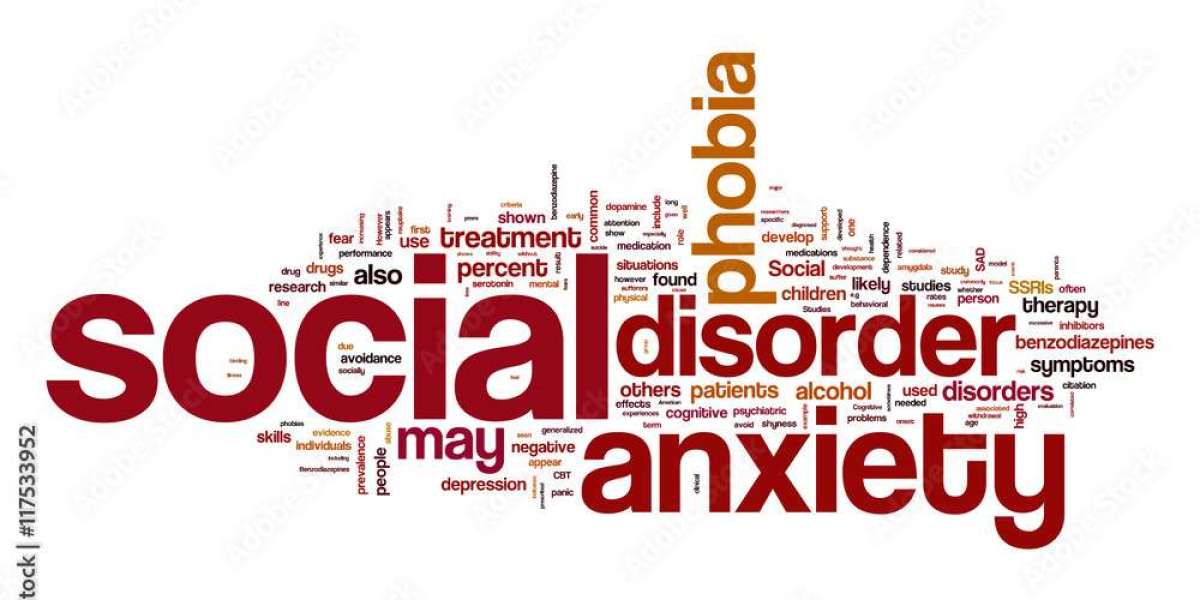The COVID-19 epidemic has had a profound impact on cultures around the world, changing daily life and mental health in particular. This study investigates the significant effects of COVID-19 on anxiety levels, examining the symptoms that have emerged, evidence-based interventions, and the game-changing potential of meditation in building resilience in the face of adversity.
Signs of anxiety related to COVID-19:
Anxiety symptoms come in different forms due to the pandemic's uncertainty, dread, and disruptions. People may feel more stressed out, worry constantly about their health and safety, have trouble sleeping, and feel powerless in the face of a situation that is changing quickly. The multiple facets of worry associated to COVID-19 include financial uncertainty, apprehension about catching the virus, and the disruption of society brought on by lockdowns.
The Intersection of COVID-19 and Health Anxiety:
Health-Related Worries:
Throughout the epidemic, worries about one's own health as well as the health of loved ones have been a major source of anxiety. Health concerns have increased as a result of media coverage, uncertainty about the virus's long-term impact, and fear of catching it.
Fear of Contamination:
One of the most common signs of anxiety associated with COVID-19 is the fear of contamination and the requirement for strict hygiene procedures. The widespread effects on mental health are highlighted by frequent hand washing, avoiding public areas, and being hyper aware of possible exposure.
Social Isolation and Loneliness:
Lockdowns and social distancing tactics have contributed to a rise in these two negative emotions. Increased emotional distress has been linked to social routine disruption, physical distance, and a lack of connection with friends and family.
Financial worry:
Job losses, furloughs, and business closures have all contributed to economic uncertainty, which has resulted in financial worry. For many people and families, worries about providing for their basic necessities, making ends meet, and making future plans add another level of stress.
Strategies for COVID-19-Related Anxiety Treatment:
Teletherapy and Virtual Counseling:
As a result of the pandemic's difficulties, mental health practitioners are using teletherapy and virtual counseling more and more. These platforms provide people with the ability to get therapeutic support while maintaining social distancing protocols.
Cognitive-Behavioral Therapy (CBT):
CBT is still a mainstay in the management of anxiety associated with COVID-19. CBT assists people in recognizing and reframing harmful thought patterns, creating coping mechanisms, and navigating the pressures and uncertainties related to the pandemic. The practice of mindfulness meditation has shown to be an effective means of reducing anxiety associated with COVID-19.
Medication:
To treat severe anxiety symptoms, a doctor may occasionally prescribe medication. One may think about using antidepressants, anxiolytics, or other psychotropic drugs; nevertheless, their usage needs to be closely managed and discussed with healthcare professionals.
Participating in support groups and utilizing community services can foster a feeling of camaraderie and mutual comprehension. It can be helpful to discuss common worries, exchange coping mechanisms, and get emotional support from others in order to lessen the effects of anxiety connected to COVID-19.
The Benefits of Meditation for Therapy:
Through the practice of mindfulness meditation, people can learn to become more present-focused, less stressed, and develop a sense of serenity in the face of uncertainty.
Meditation on Loving-Kindness (Metta):
Metta, or loving-kindness meditation, focuses on cultivating compassion and kindness toward oneself and others. By addressing the negative thought patterns linked to worry, this practice fosters resilience and emotional well-being.
Breath Awareness Meditation:
This type of meditation is very helpful in treating COVID-19-related anxiety because it concentrates on the natural rhythm of the breath. This exercise improves breathing, lowers physiological stress reactions, and offers a handy tool for on-the-go stress alleviation.
Guided Imagery and Visualization:
The process of guided imagery and visualization entails visualizing serene and optimistic situations in the mind.
Modifications to Lifestyle to Manage Anxiety Associated with COVID-19:
Establishing Routine:
A daily routine gives life shape and predictability. It should be established and maintained. Maintaining a routine can give people a sense of control back over their lives and promote mental and emotional stability.
Reducing Media Exposure:
Anxiety can be made worse by continuously being exposed to news and updates regarding the epidemic. Reducing media intake and selecting reliable information sources enable people to stay informed without being overtaken by a deluge of upsetting news. These activities encourage relaxation and lower anxiety levels by providing a mental retreat from the pandemic's stresses.
Frequent Exercise:
Physical activity on a regular basis is essential for mental well-being. Exercise improves general well being by lowering stress hormones, releasing endorphins, and offering a constructive way to let go of emotional strain.
Balanced Nutrition and Sleep Hygiene:
Two of the most important components of mental health are keeping a balanced diet and giving proper sleep hygiene a priority. Emotional resilience and cognitive performance are supported by a healthy diet and adequate sleep.
In summary:
In conclusion, COVID-19 has had a significant effect on anxiety levels, affecting people all across the world. Adopting evidence-based treatments, recognizing the symptoms, and incorporating lifestyle modifications and meditation are all components of a complete approach to addressing the mental health issues brought on by the epidemic. By building resilience, people can face anxiety connected to COVID-19 with a sense of empowerment, shifting the emphasis to their well-being and flexible coping mechanisms.








